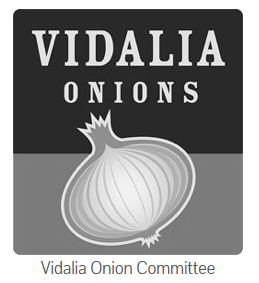New maple products like sap beverages and infused syrups now join the classic pure maple syrup products on store shelves and online platforms. Will US maple market policy and collective marketing entities innovate in new ways too? What options are available for collective marketing efforts here in the United States?
Two possible options for the maple sector are producer cooperatives and federal market orders. Both options require strong leadership from industry representatives, committed support from members and ongoing management to sustain the effort.
Vidalia onions, “Got Milk”, Florida Oranges…sound familiar? Producers in these industries approved collective efforts funded by small assessments (often pennies per pound) through a Federal Market Order (FMO). FMOs provide a way for producers and handlers to work together to accomplish things they could not achieve on their own. Orders do this by (1) maintaining the high quality of product that is on the market; (2) standardizing packages and containers; (3) regulating the flow of product to market; (4) establishing reserve programs; and (5) authorizing production research and marketing efforts. Read more about current Specialty Crop Market Orders on the USDA Agricultural Marketing Service website.
Producer Cooperatives
Producer cooperatives can be formed in many different ways with different goals.  Cooperatives could range in size from only a few producer members to thousands. A new Cooperative establishes a legal business entity that is owned and overseen by members. Here is a list of co-op activities that may be relevant for a group of maple producers/members.
Cooperatives could range in size from only a few producer members to thousands. A new Cooperative establishes a legal business entity that is owned and overseen by members. Here is a list of co-op activities that may be relevant for a group of maple producers/members.
- Collective ownership of processing facilities to store, process, and package bulk syrup into a marketable format.
- Collective ownership of pooled market-ready product and/or active marketing efforts to sell the products.
- Supply Cooperative: pooling member demand to access production inputs and supplies at reduced costs to its members.
- Establishment of farm gate prices/contracts that eliminate the year to year volatility and uncertainty of final crop sales prices after the production season.
- Establishment of verified product standards or unique features that enhance the distinction of coop products from other similar products available to consumers
- Coordinating large numbers of participants into a unified and powerful voice for political organizing and communications campaigns that promote the interests of the membership.
Examples of specialty crop farmer coops in the US that are relevant to maple producers: Hazelnut Growers of Oregon, Organic Valley (CROPP), Deep Root Organic Coop.

